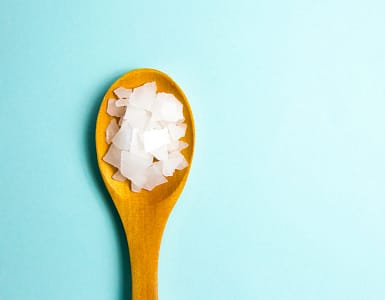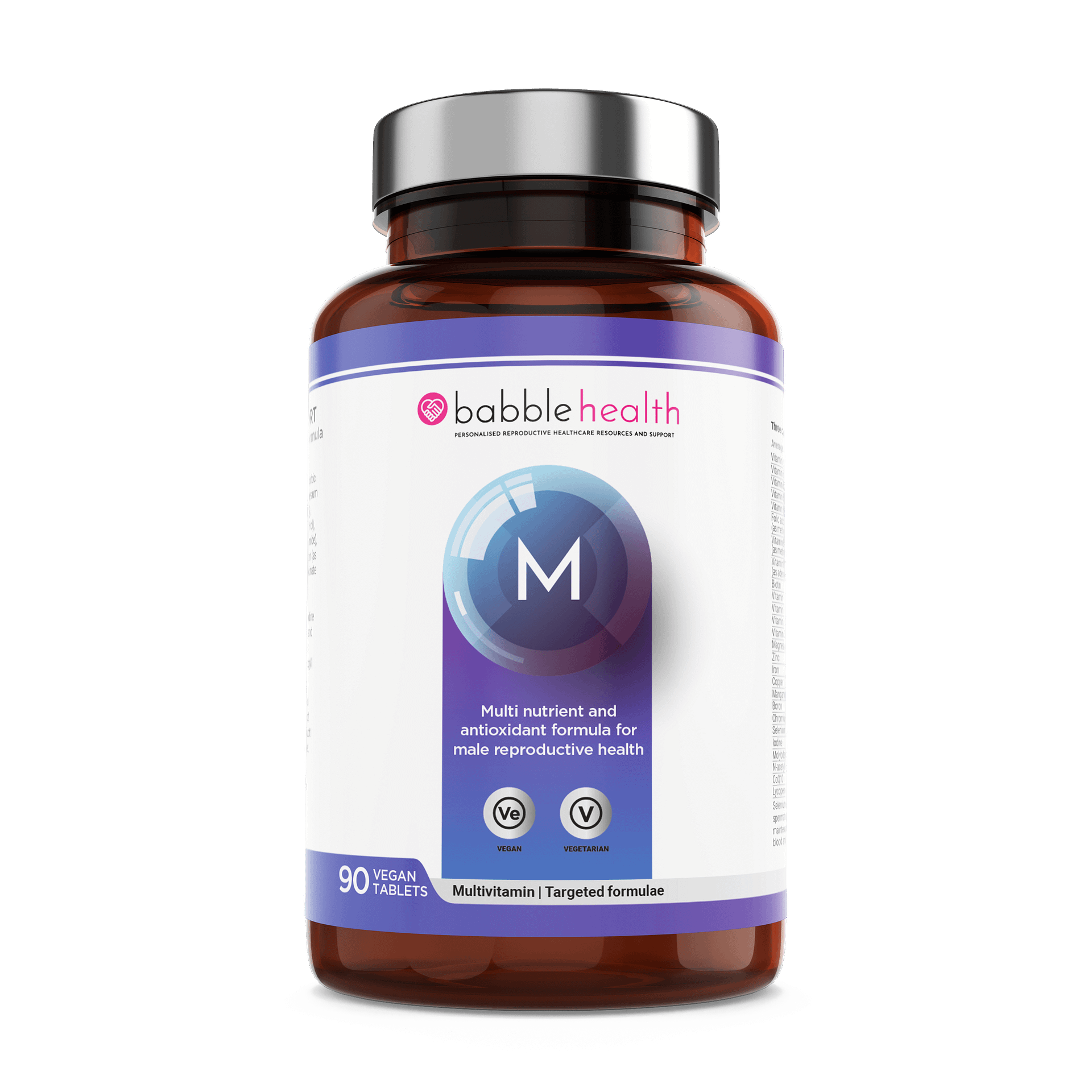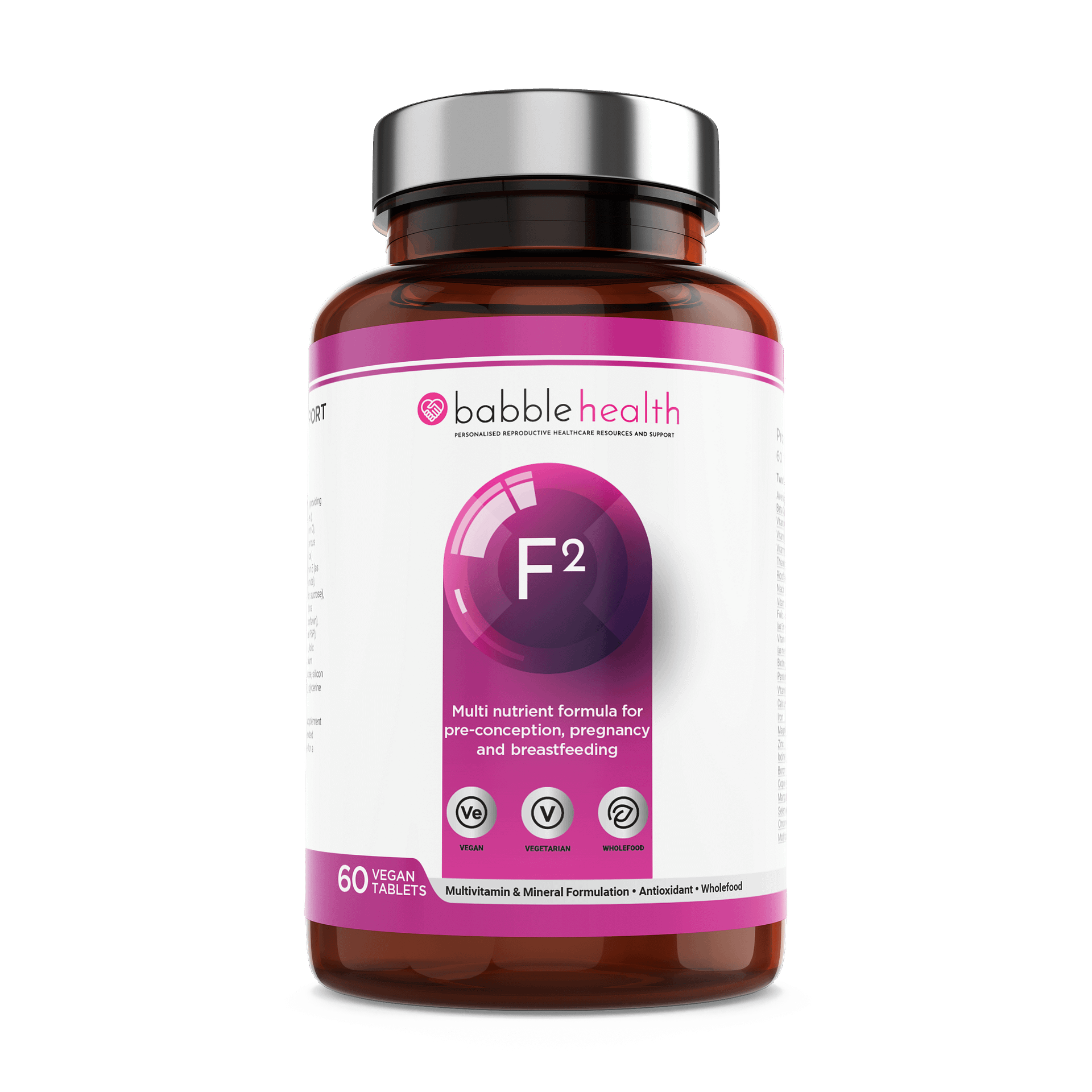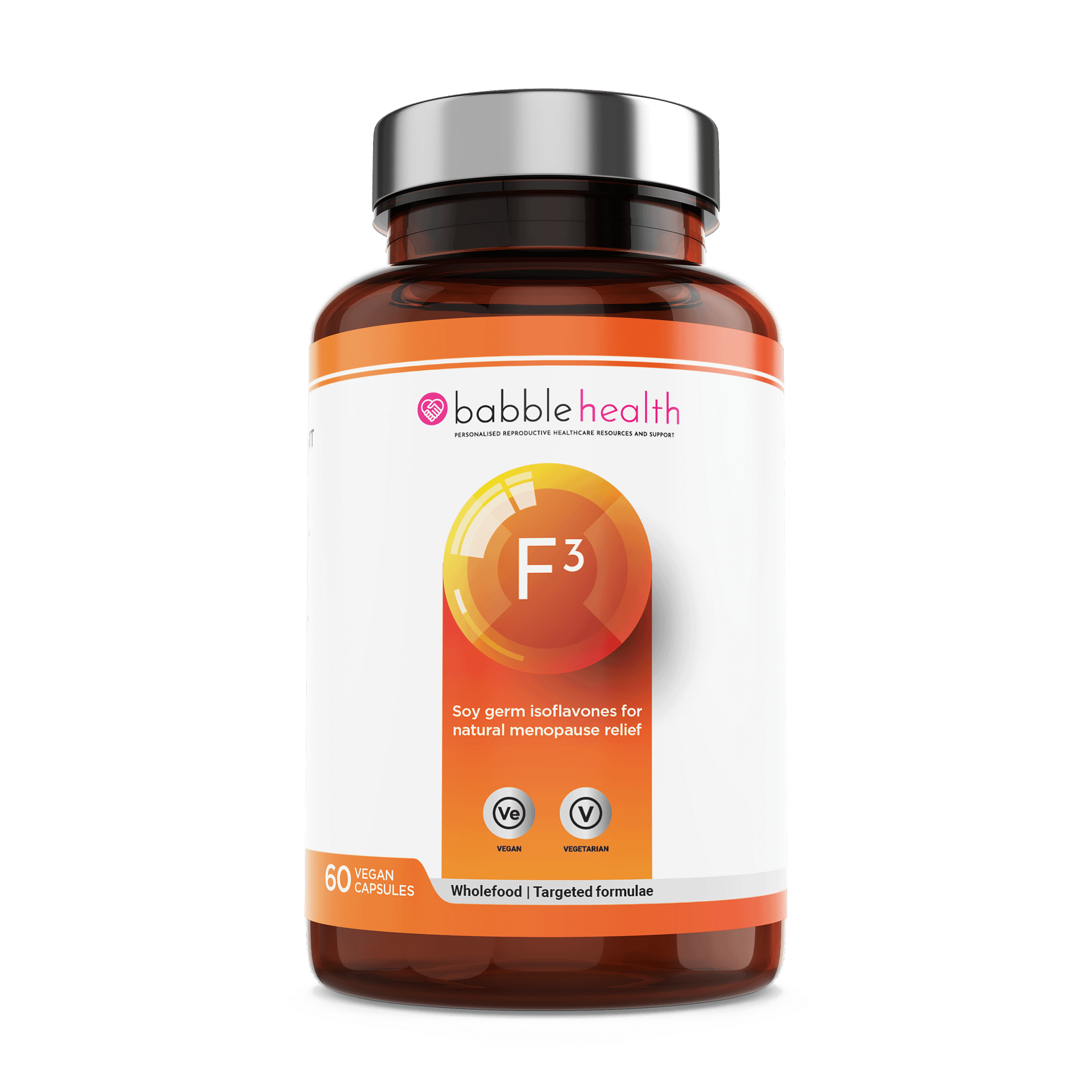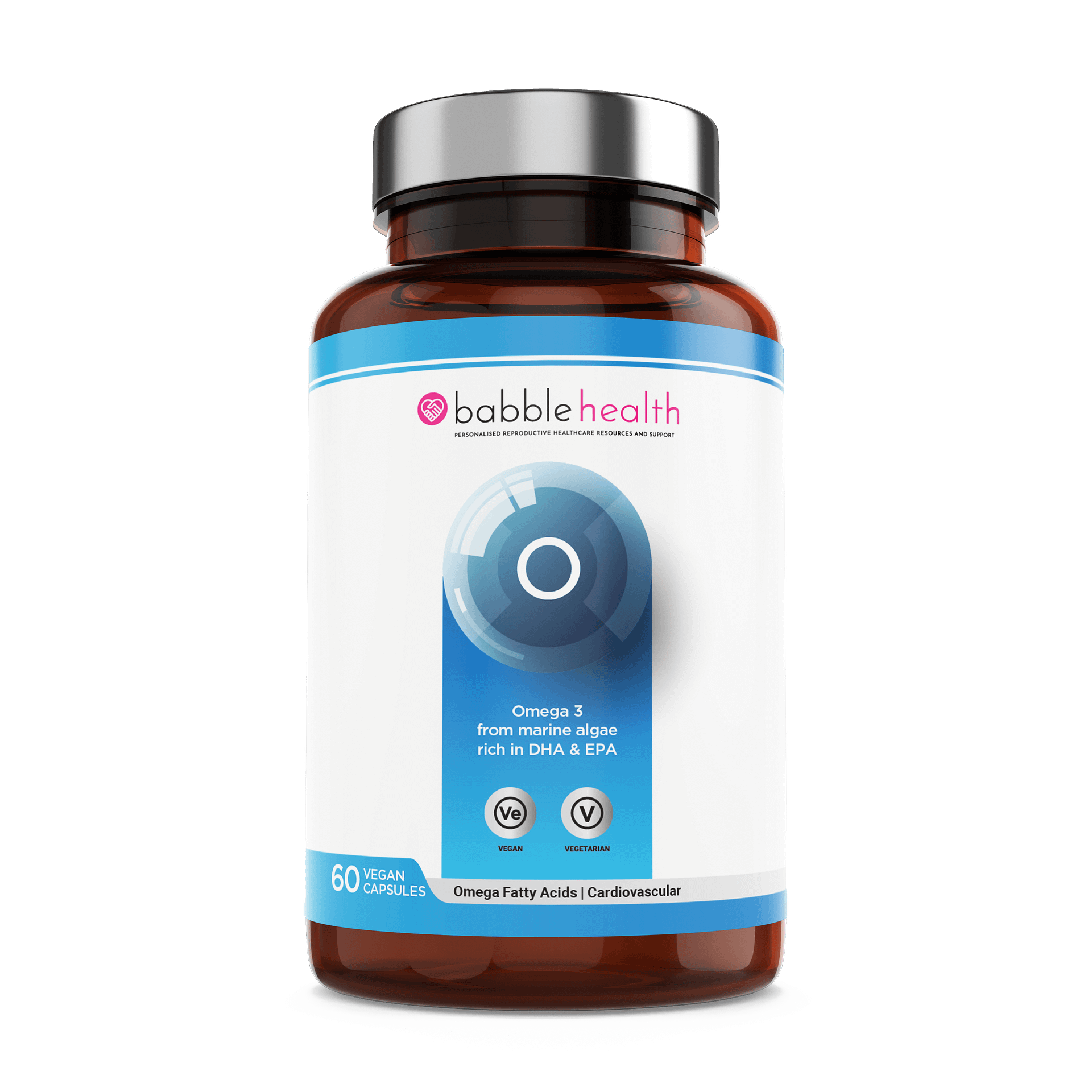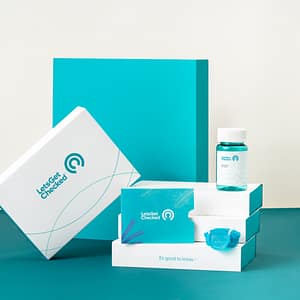One of the oldest known fruits, the pomegranate has been revered as a symbol of health and fertility. The pomegranate originated in the region extending from Iran to northern India and has been cultivated since ancient times throughout the Mediterranean region. Why not include some pomegranate in your daily diet and sparkle from the inside out!
Why are pomegranates so good for us?
Pomegranates are an excellent source of flavonoids and polyphenols which are powerful antioxidants. They also contain vitamin C, vitamin B5 (Pantothenic acid) and folate, along with, vitamin A, vitamin E, zinc and fibre. Pomegranates also contain special compounds called Punicalagins (found only in pomegranates) which have been linked to supporting the immune system. Punicalagins, in studies, also appear to aid Apoptosis (this is programmed cell death). This is an important process as it helps to speed up the removal of cells which are not functioning in the correct way from the body. In terms of general health, pomegranates are also known to have anti-ageing properties, can be helpful for cardiovascular health and bone health and possess anti-inflammatory properties.
And what about fertility?
In relation to fertility, the anti-inflammatory properties that pomegranates possess may be helpful in easing some of the symptoms of inflammatory conditions such as Endometriosis. They are also thought to support fertility by helping balance hormones and increasing blood flow to the uterus. Pomegranate is rich in zinc as compared to other fruits. Zinc has been shown to increase sperm count and sperm quality – both are important for successful conception. Folate is also key preconceptionally in helping to prevent neural tube defects in the developing foetus once pregnant. In a 2014 study involving 70 men (published in PLOSOne), the antioxidant properties of pomegranate have been linked to improving sperm quality, this link was also reported in research published in the Journal of Urology 2005.
Why are antioxidants so important, what are some of the main ones that are important to fertility? Which other foods are good sources of antioxidants?
Pomegranate contain high levels of antioxidants – up to three times more antioxidants than green tea or red wine. Antioxidants protect cells from damage, prevent diseases, reduce inflammation and the effects of aging.
So why are antioxidants important?
Antioxidants are important as they are compounds which protect our cells from free radical damage. Found in food and in the body, there are many different types, protecting different types of cells. Some of the main antioxidants important for fertility are:
- COQ10- this antioxidant has shown in studies to help improve sperm motility and is thought to protect the DNA in the sperm and egg. There is plenty of COQ10 in oily fish, wholegrains and organ meats.
- Vitamin E –helps to reduce oxidative stress on the sperm and egg cells – found in bran, avocado, salmon, lobster,spinach and greens, nuts and seeds…to name a few!
- Vitamin C- helps prevent free radical damage to the sperm -also to help balance oestrogen and progesterone in women. Good sources are berries, kale, broccoli, potatoes, citrus fruits.
- Lipoic acid – contains antioxidant properties which help recycle other antioxidants such as vitamin C, vitamin E, and glutathione. It also helps with liver detoxification (helps remove excess hormones) as it helps to boost glutathione. It is found in red meat, spinach, broccoli, potatoes, sweet potatoes, carrots, beetroot, and yeast.
How can we enjoy pomegranates in our daily diet?
Pomegranates can be enjoyed in the form of a juice or seeds. Pomegranates can also be consumed in the form of syrup, paste, nectar or concentrate.
Recipe ideas:
Pomegranate, avocado and watercress salad with blood oranges
Ingredients:
8 large blood oranges
6 bunches watercress
1/2 to 3/4 cup pomegranate seeds
1 cup slivered almonds, toasted
2 ripe avocados
With a small, sharp knife, cut ends off oranges. Peel and orange and divide into individual segments. Repeat with remaining oranges, place into a bowl. Chop the avocado into even slices (remove outer skin). Rinse and dry the watercress. In a large bowl, place watercress, orange segments and mix gently. Add the avocado slices. Garnish each salad with pomegranate seeds and toasted almonds. Add a dressing of your choice. Enjoy!
Pomegranate and Cranberry Sauce
Ingredients
1 pomegranate – seeds only
10 oz cranberries
1 cinnamon stick
Pinch of ground cloves
½ pint of orange juice
2oz of sugar/stevia
Zest of 1 orange
Place the sugar, orange juice and zest, cranberries, ground cloves, and cinnamon stick together in a saucepan. Bring to a boil. Reduce heat and simmer for 10 minutes, stirring constantly. Remove from the heat and cool. Stir the pomegranate seeds into the cranberry mixture, and place into the fridge overnight. Remove the cinnamon sticks before serving.
Why not try making this healthy Pomegranate guacamole to enjoy with crudites?
How to make:
Mash up 3 ripe avocados and combine with a tablespoon of fresh lemon juice, 2 cloves of crushed garlic and a finely chopped chilli (optional). Sprinkle with the seeds of a fresh pomegranate and combine! Enjoy as a dip or on toast.
Further interesting reading:
Fedder MDK, Jakobsen HB, Giversen I, Christensen LP, Parner ET, Fedder J (2014) An Extract of Pomegranate Fruit and Galangal Rhizome Increases the Numbers of Motile Sperm: A Prospective, Randomised, Controlled, Double-Blinded Trial. PLoS ONE 9(10): e108532. https://doi.org/10.1371/journal.pone.0108532
Jurenka, J (2008) Therapeutic Applications of Pomegranate (Punica granatum L.):A Review. Alternative Medicine Review Volume 13, Number 2.
Important! Pomegranate can interact with some statin drugs used for high blood pressure and cholesterol, as well as some blood thinners so always check with your G.P/ Qualified Nutritional Therapist or Dietician if you are taking any medication for these conditions.[/vc_column_text][/vc_column][/vc_row]


